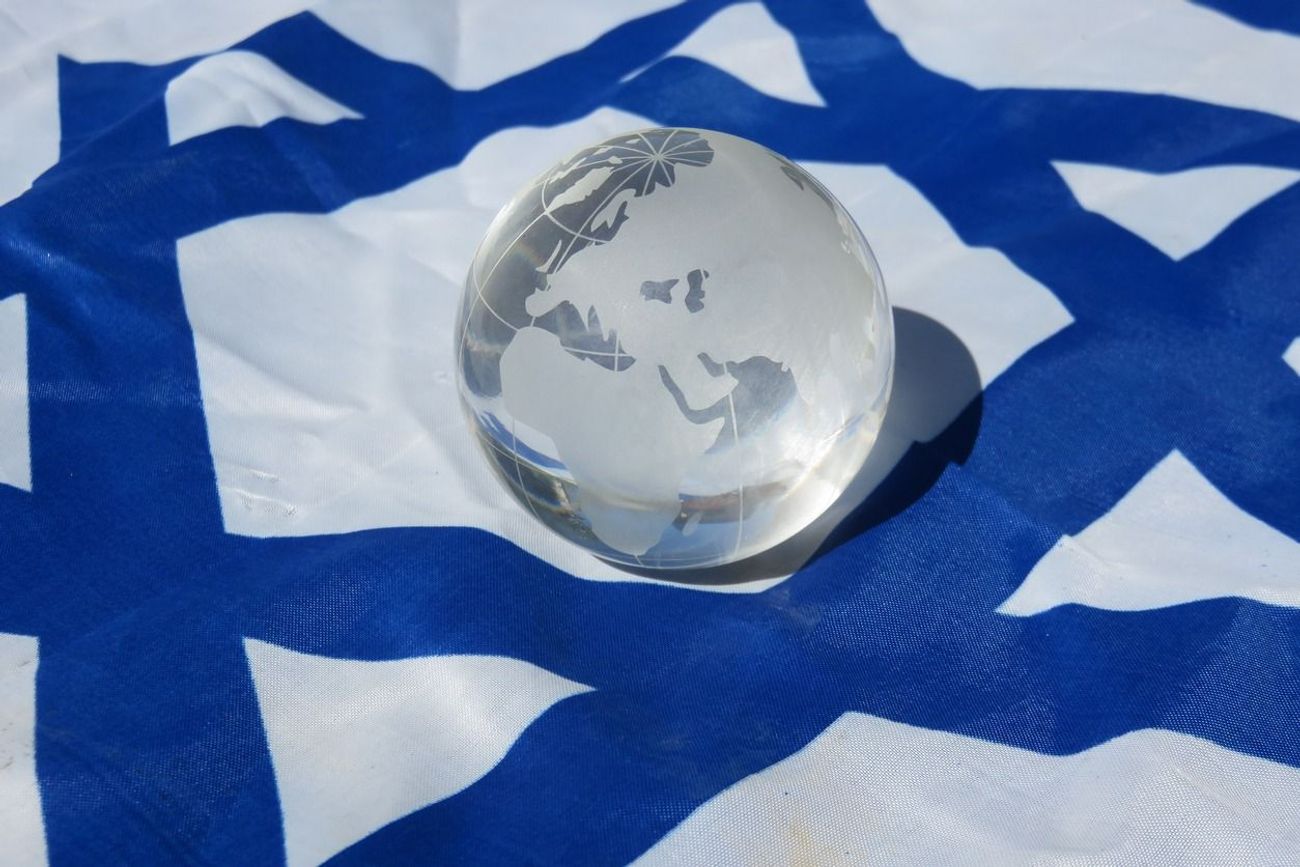Playing “Jewish Geography” is often a fun game for Jewish professionals. We sit around asking about various relations, friends, and associations trying to see how many people we have in common. Often, I like to joke that, whereas in the secular world common wisdom says that it only takes six degrees of separation to have a connection with the rest of the world, when you’re Jewish, it goes down to three degrees, and when you work in the Jewish world, it drops to one. We all have connections to one another. And I’ve found that the more I know about a person’s connections, the more I think I know about the person themselves. Each of us, in our own way, makes assumptions about others by the company they keep. And others do the same for us.
Oddly, I find myself focusing on this idea as we read this week’s Torah portion, Sh’mini. At first glance, Sh’mini and Jewish Geography seem to have very little overlap. Sh’mini continues the discussion of appropriate sacrificial procedures and the rules for priestly purity, the deaths of Nadab and Abihu (two of Aaron’s sons who brought a “strange fire” to the altar), and kashrut laws. It doesn’t necessarily talk about how to know if someone is worth being a friend, or how to earn a good reputation through networking. But in the story of Nadab and Abihu, a strange thing happens. Aaron and his remaining two sons are instructed not to mourn Nadab and Abihu. They’re instructed to continue to serve God through sacrifice, almost as if nothing had happened. The text says that after the loss of his children, Aaron could only be silent.
Moses approaches his brother, perhaps in an attempt to comfort or perhaps in an attempt to warn, and says, “This is what God meant by saying: Through those near to Me I become holy on account of the honor of the people.” (Leviticus 10:3). Not exactly what one would say today to a parent who just lost a child. I struggle with this story as anything other than instruction in what-not-to-do.
But I find myself coming back to Moses’ declaration: Through those near to me I become holy… I assume the opposite would also be true, through those near to me I become desecrated. Our associations have the ability to pull us up or drag us down, which I think becomes part of the subtext of playing Jewish Geography. We’re trying to determine the holiness of the Jewish people by the interconnectedness of the Jewish people. Those connected to someone we consider holy, become holy in our eyes. But also, those connected to someone we consider rude, insensitive, or corrupt, automatically have a lesser reputation in our eyes.
The is a concept in Jewish connectivity: K’lal Yisrael, the whole of the Jewish people. Being k’lal Yisrael means that no matter what kind of Jew you are, no matter where you live, what language you speak, the food you eat, or the way you practice, you are part of a larger Jewish Peoplehood. It is an inherent and deep connection between Jewish people who might have never met in real life. It means that we are always responsible for one another, including the holiness of the Jewish people. Being K’lal Yisrael means that we can’t only assume the holiness of one another through associations, but that the world assumes things about Jews because we are always associated with the larger Jewish People.
How often when you are walking down a street, do you notice a mezuzah and excitedly think to yourself “Hey! Another Jew lives there!” How often do you listen to the news and hear a story about a Jew breaking a law or acting unethically and think “Oh no. People are going to think all Jews are like that.” Both of those feelings come from being K’lal Yisrael.
99% of the larger Jewish community makes us holier. But the Jewish community and individual Jews are not perfect. Sometimes, the Jewish reputation is dented by that imperfection. Being K’lal Yisrael is an honor, a privilege, and a weighty responsibility. It is up to each of us to make the Jewish people holier through our actions, our passions, and our associations. It means that we need to speak up when we see someone acting in a way that we don’t want to be associated with the Jewish people. It means that we need to be intentional about our own ethical behavior. It means that when we are our own best selves, the whole of the Jewish people also becomes better. Being K’lal Yisrael means that our daily mission is to increase the holiness of the Jewish people and the world in general. May we each accept and achieve that mission wholeheartedly.

